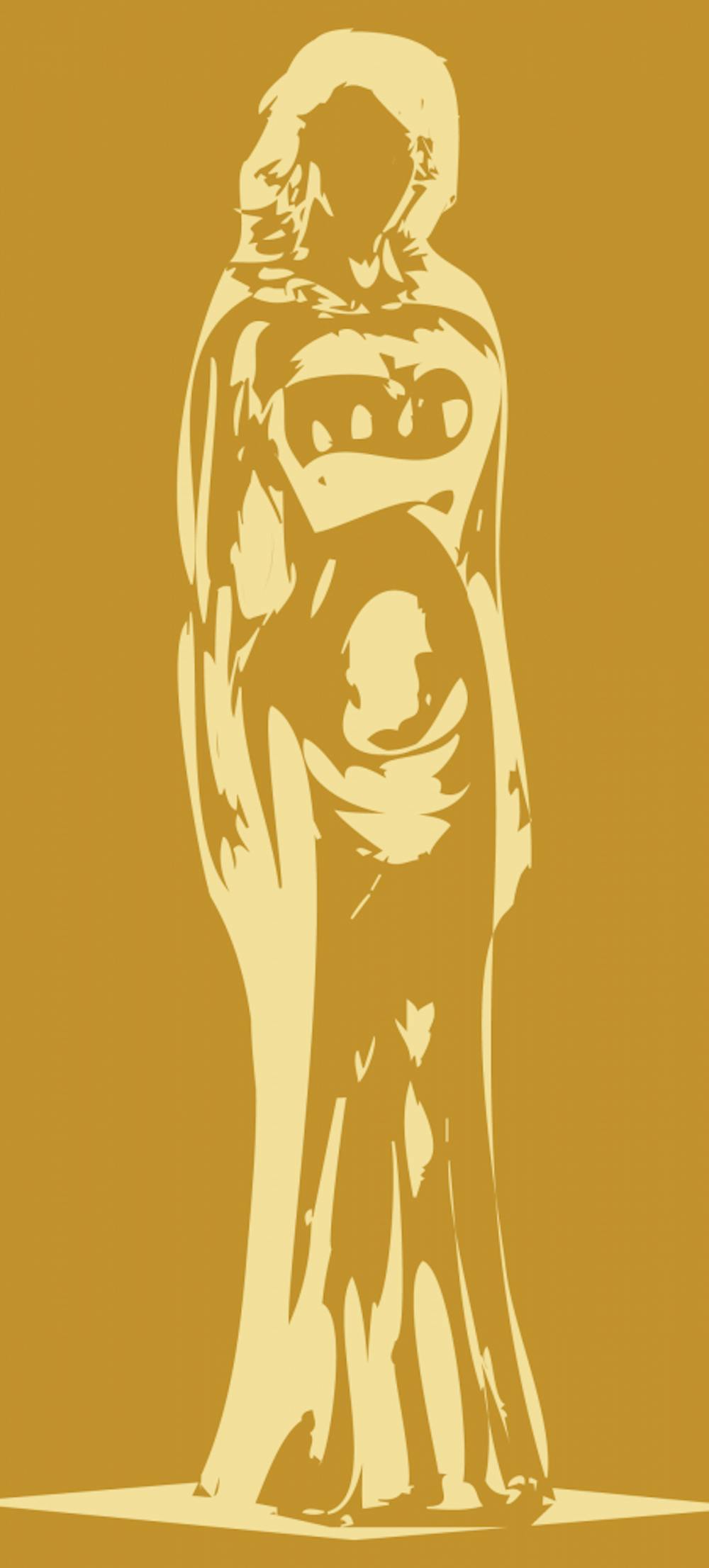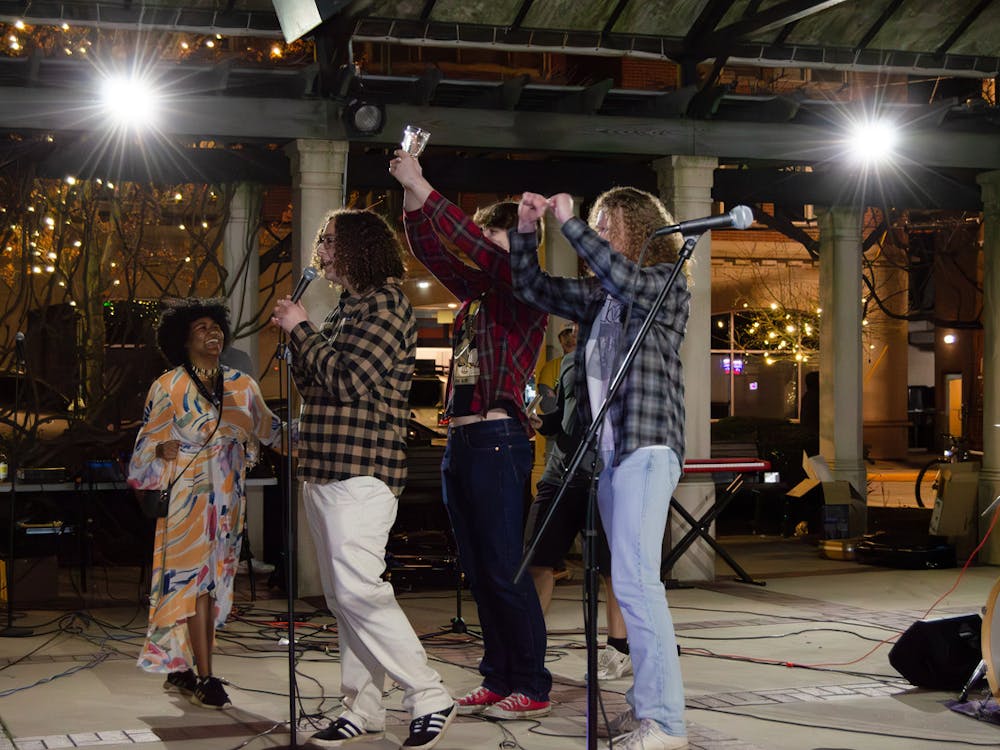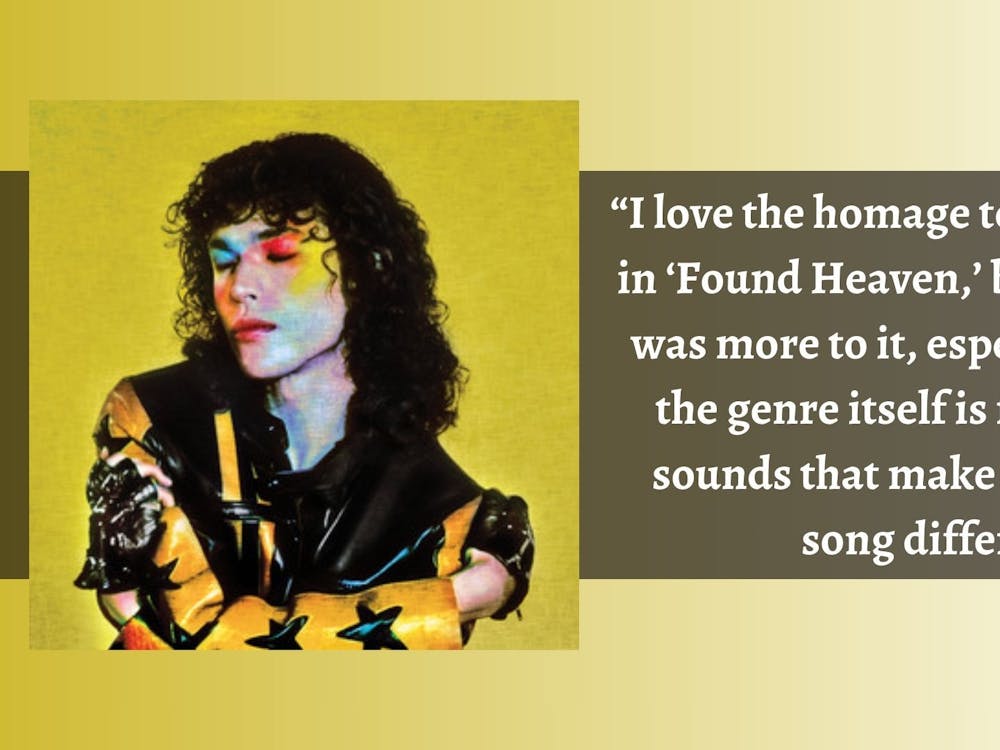
As the lights went down on the 90th Academy Awards this past Sunday evening, one thing was certain: Women in Hollywood mean business.
Following January's Golden Globes, at which attendees wore black in honor of the Time's Up movement, the topic of sexual harassment was expected to be prevalent at Sunday's Oscars, though not quite as dominant as they were at the Globes. Both the Academy and ABC, which aired the ceremony, had previously stated that they hoped to address the Time's Up and #MeToo movements during the program without them overshadowing the night.
The movements were, however, given their own video segment during the ceremony, presented by Ashley Judd, Annabella Sciorra and Salma Hayek. The video honored those that Hayek called "trailblazers" for women and diverse people in the film industry over the past year, including #MeToo activist and actress Mira Sorvino, "Lady Bird" director Greta Gerwig and "The Big Sick" co-writer and actor Kumail Nanjiani.
The three presenters shared their own powerful words when introducing the video.
"Many spoke their truth and the journey ahead is long, but slowly a new path has emerged," Sciorra said, referring to those who have spoken out against sexual harassment as advocates of the Times Up and #MeToo movements, as well as those who have come forward with their own stories.
The ceremony was a "night for positivity," as host Jimmy Kimmel said in his opening monologue. The evening saw women coming together and celebrating the achievements made in the past year toward equality.
"The changes we are witnessing are being driven by the powerful sound of new voices, of different voices, of our voices, joining together in a mighty chorus that is finally saying, 'time's up,'" Judd said while introducing the video. She went on to say, "And we work together to make sure the next 90 years empower these limitless possibilities of equality, diversity, inclusion, intersectionality. That's what this year has promised us."
Looking forward as Judd did, others acknowledged the progress that has yet to be made both within and outside the film industry. Emma Stone brought attention to the issue of gender representation by announcing the Best Director nominees as "four men and Greta Gerwig," and Kimmel highlighted the problem of sexual harassment in his opening monologue.
"We need to set an example," Kimmel said, "and if we can work together here to stop sexual harassment in the workplace, women will only have to deal with harassment all the time, at every other place they go." It was a comedic statement that set the stage for the rest of the night, one that sought to enact positive change.
The evening was void of any fiery speeches or calls to action that we've come to expect from award shows, although the second-to-last award came close, with women quite literally standing up for empowerment and recognition.
In her Best Actress acceptance speech for her performance in "Three Billboards Outside Ebbing, Missouri," Frances McDormand called for every female nominee of the night to stand with her in a gesture meant to bring attention to women in the entertainment industry.
Enjoy what you're reading?
Signup for our newsletter
The Oscar for Best Actress, typically presented by the previous year's Best Actor, was instead presented by former Best Actress winners Jennifer Lawrence and Jodie Foster. Last year's winner for Best Actor, Casey Affleck, withdrew from presenting in January after sexual harassment accusations against him surfaced, which were settled out of court. It was a fitting replacement in line with the evening's message.
McDormand ended her acceptance speech on an obscure note, speaking to the crowd in the theater, "I have two words to leave with you tonight, ladies and gentleman: inclusion rider."
While the statement originally brought about confusion to viewers, McDormand later explained in her backstage press briefing that an "inclusion rider" is a clause that actors can include in their contracts that requires cast and crew on a film to meet a certain level of diversity, thus ensuring gender and racial equality in the film. McDormand's final two words, it seems, were a reminder to the stars in the room that they have the power to help bring a stronger diverse presence to Hollywood.
The ceremony was a moment for women of the film industry to sit back and take pride in their victories toward equality thus far, but the less-than-equal number of women who took home awards serves as an important reminder that there is still a long way to go.
taguera@miamioh.edu




